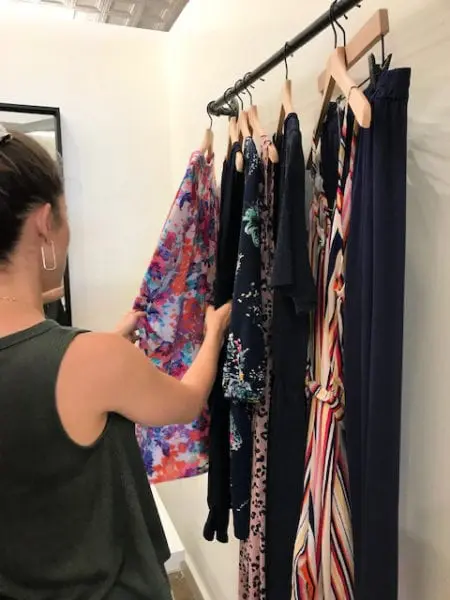Should I Drive a Paid-off Car or Trade It In?

So, you’ve finally paid off your car. Congratulations! It’s yours — free and clear. Of course, now it’s got some serious mileage on the clock and you’re probably wondering if you should trade it in and upgrade to a newer model. There are benefits to both scenarios. It all depends on your vehicle’s condition and your circumstances. Let’s look at the pros and cons.
4 Reasons to drive a paid-off car
A lot of people treat cars like smartphones — the moment it’s paid off, they upgrade to the latest model. But there are several good reasons to stick with the car you have.
1. There’s still plenty of mileage left
If your car is only 4 or 5 years old and you regularly maintain it, there’s no reason it shouldn’t continue running smoothly for a few more years. Some brands, like Toyota and Honda, are known to hit up to 100,000 miles before requiring major repair work.
Personal finance expert, Suze Orman, urges people to keep their cars for as long as possible. Suze says a car is a lousy investment, one that only loses money. A car is simply a way to get from A to B. When you start to see it like that and not as a status symbol, you’ll happily stick with your current car rather than create more debt to buy a new or flashy car.
2. No monthly car payment means more disposable income
The biggest benefit to driving a paid-off car — there’s no monthly car payment! The average monthly car premium is $563. Multiply that by 12 months and that $6756 per year. Imagine having $6756 available to redirect towards other things.
Be smart, though. Don’t blow it on unnecessary or frivolous things. Use it to build more financial security. Channel it into an emergency fund, long-term investment, or boost your retirement savings. Or you can use the extra cash to save for a down payment on a home or to buy your next car cash.
3. One less bill to pay
If there’s anything the last year has taught us, it’s that life could throw us an unexpected curveball at any moment. If you lose your job or face any other unexpected crisis that affects your income, you’ll have one less bill to worry about. You can sleep easy knowing that your wheels can’t be repossessed by the bank.
4. You may qualify for lower car insurance
As a vehicle goes up in age, the market value comes down. This means you may qualify for a lower insurance rate.
For one, the ‘additional interest’ portion of your policy falls away as the bank no longer has a financial stake in the vehicle.
Second, depending on the vehicle’s value and your deductible, you could consider dropping the collision and comprehensive coverage.
Let’s say your car is valued at $4,000 and your deductible is $2,000, keeping the collision coverage may not be worthwhile. If you have enough in your savings to cover the cost of repairs after a crash or to buy another vehicle if it’s totaled, then you can probably do without it.
When should I swap my old car for a new one?
Of course, no car lasts forever, and the time will come to replace it. So, when is it time to say goodbye to Old’ Faithful?
1. It needs constant repairs
If you’re spending as much or more on repairs as you would on car payments, it’s a sign to start shopping around for a new car. A car that breaks down frequently isn’t just a financial burden, it’s also stressful.
You’re ready to head to work and the car won’t start, or it breaks down as you’re rushing to an important meeting. There are only so many times your boss is going to accept the “my car broke down” excuse. If your car is no longer serving you reliably, it’s time for a new one.
2. Your old car no longer suits your lifestyle
Life changes and so do your circumstances. If your family is growing, you probably need a larger vehicle. Thinking of quitting the rat race to become a digital nomad? You may want to swap your city runaround for an RV. Or, maybe it’s a necessity — you need a more fuel-efficient car because your income is less.
3. You’re concerned about the safety
Older cars do carry a safety risk. A car that’s in poor condition can increase the chance of accidents or breakdowns in unsafe areas, the latter being of greater concern for women. Newer vehicles also come with a host of safety technology, such as automatic emergency braking, forward collision warning, and lane-keep assist. If safety is a big concern, it may be best to trade in your vehicle for a model with better safety features.
When the time does come to buy another car, your next decision is going to be whether it should be new or used. New cars are nice but used cars come with some great advantages too, like a slower depreciation rate and lower insurance rates.





